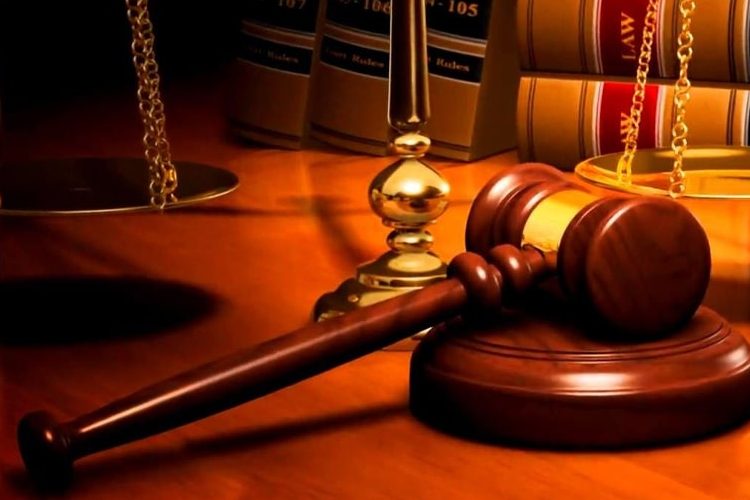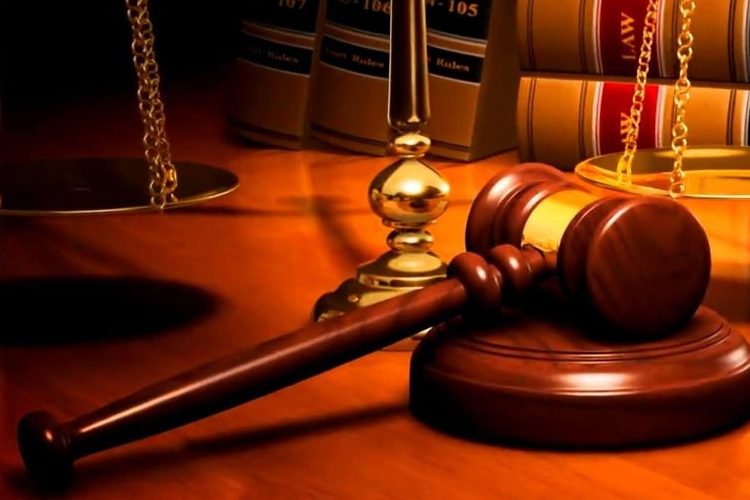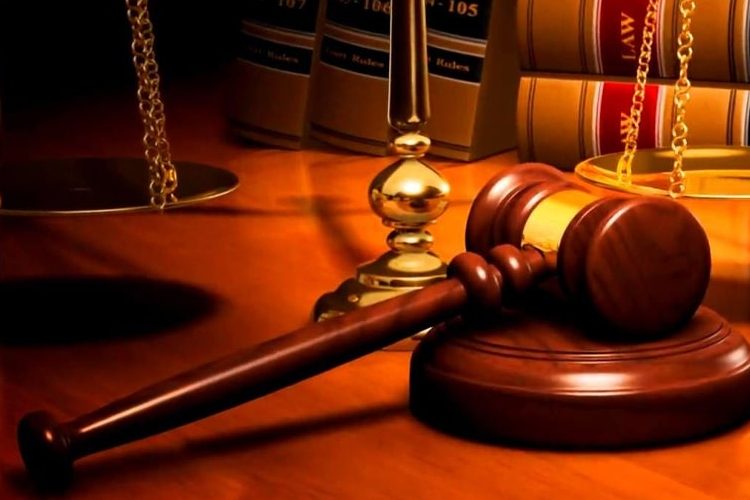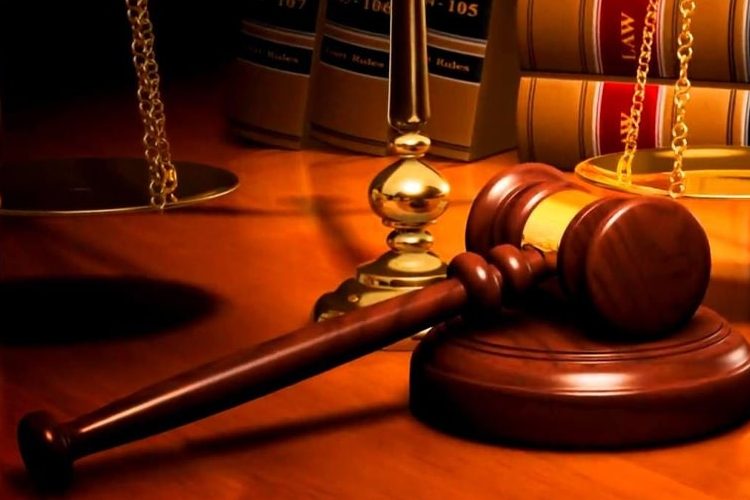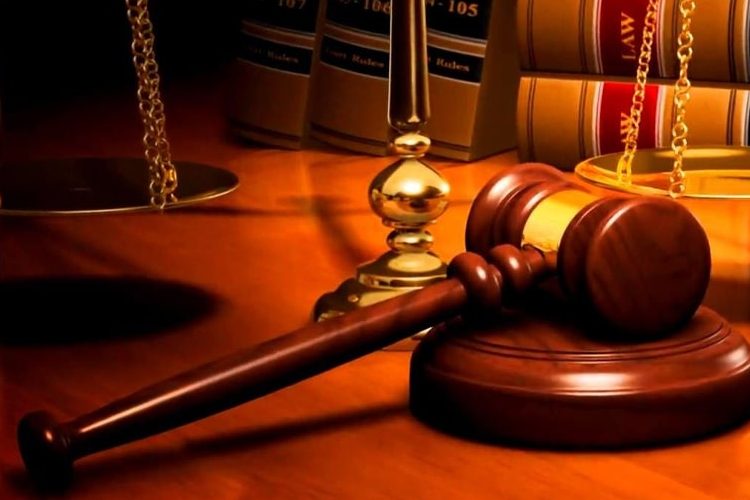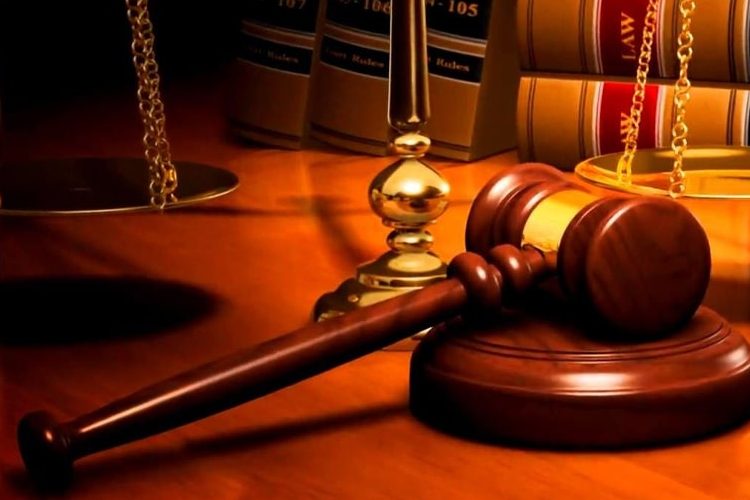
Taj Mahal Hotel v. United India Insurance Co. Ltd
- 2022-02-17
Citation: AIR 2020 SC 597
Judge: Hon’ble Justice Mohan M. Shantanagoudar; Hon’ble Justice Ajay Rastogi
Facts:
On the night. Respondent No. 2 visited the hotel in his Maruti Zen car. While the car was insured with Respondent No. 1 the Appellant-hotel had taken a non-industrial risk insurance liability policy from Respondent No. 3. Upon reaching the hotel, Respondent No.2 handed over his car and its keys to the hotel valet for parking, and then went inside the hotel, the parking tag handed over to him with the condition that, the vehicle is being parked at the own risk and responsibility in or outside the hotel premises. If any loss, damage or theft happens the management shall not be responsible.
When Respondent No. 2 came out of the hotel he was informed that his vehicle had been driven away by another person. Upon enquiry with the security officer, he found that three young boys had come to the hotel in their separate car, parked it, and gone inside the hotel. After some time, they came out and asked the valet to bring their car to the porch. During this process, one of the boys, one Deepak, picked up the keys of the car of Respondent No. 2 from the desk, went to the car parking and stole the Maruti Zen Car. Though the security guard tried to stop him, he sped away. A complaint was lodged with the police, but the car remained untraced
Respondent No.1 (Car insurer) settled the insurance claim raised by Respondent No. 2 (Car owner) in respect of the stolen car for Rs. 2, 80,000/- thereafter, Respondent No. 2executed a Power of Attorney (POV) and a letter of subrogation in favor of Respondent No. 1. They both then approached the State Commission by filling a complaint against the Hotel seeking payment of the value of the car and compensation for deficiency in service. State commission dismissed the complaint on the ground that an insurance company acting as a subrogee cannot qualify as a consumer. Hence, Respondent No.1 filed an appeal before the National Commission.
National Commission observed that Respondent No. 1 had locus standi to file the complaint and remanded the complaint back to the state commission. State commission allowed the complaint and directed the appellant-hotel to pay Respondent No. 1 a sum of Rs.2, 80,000 along with interest at 12% per annum and Rs. 50,000 as litigation costs. In addition to this, it directed payment of Rs. 1, 00,000 to Respondent No. 2 for inconvenience and harassment for loss caused to the appellant-hotel.
National commission held that the liability of the hotel can’t be precluded by a printed notice on the parking tag disclaiming liability. Hence the appeal against the order of the State Commission was dismissed although the interest awarded was modified from 12% per annum to 9% per annum. Hence this present appeal.
Issues:
Judgement:
Hon’ble Supreme Court has concluded that the hotel owner cannot contract out of liability for its negligence or that of its servants in respect of a vehicle of its guest in any circumstance. Once possession of the vehicle is handed to the hotel staff or valet, there is an implied contractual obligation to return the vehicle in a safe condition upon the direction of the owner.
Analysis:
The hotel-owner cannot contract out of liability for its negligence or that of its servants in respect of a vehicle of its guest in any circumstance. Once possession of the vehicle is handed to the hotel staff or valet, there is an implied contractual obligation to return the vehicle in a safe condition upon the direction of the owner.
Even though there was a specific exemption clause, the Appellant cannot exempt itself from the obligation of section 151 and 152 of the Indian Contract Act, 1872. The Appellant-hotel would still have to prove that any loss or damage was not on account of its negligence.

